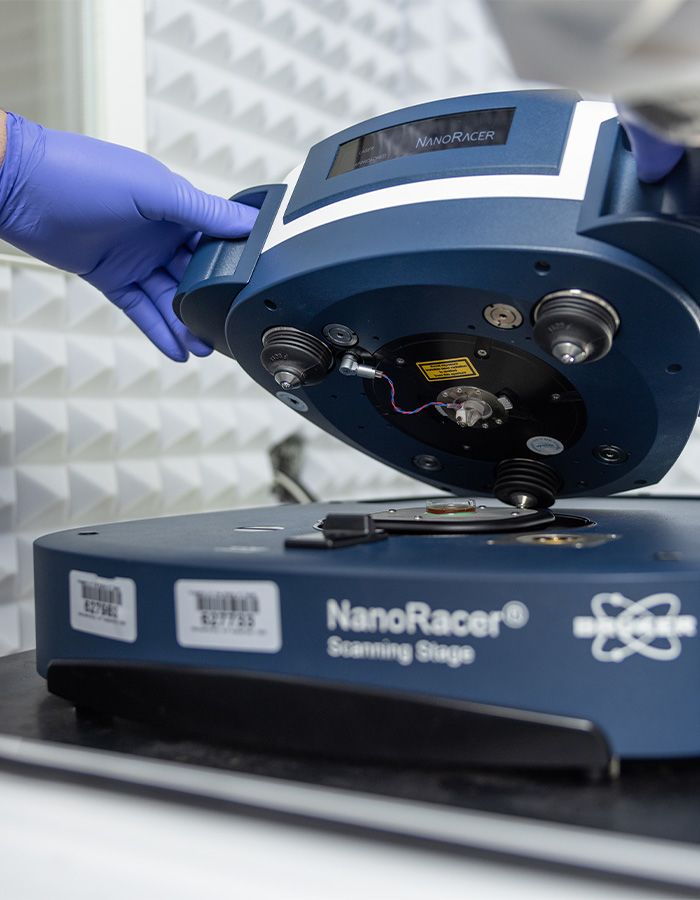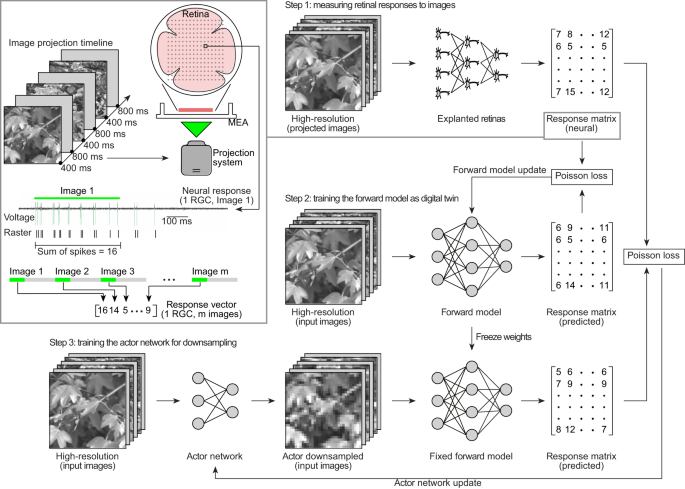2024-02-05 カリフォルニア大学サンディエゴ校(UCSD)
◆研究者たちは、特定のイオンを選択的に検出するためにアプタマーと呼ばれるDNAまたはRNAの単一ストランドをイオン受容体として使用し、その結合親和性を向上させました。この技術は、低コストで信頼性が高く、将来的には家庭で使用されることを目指しています。
<関連情報>
- https://today.ucsd.edu/story/ultra-sensitive-lead-detector-could-significantly-improve-water-quality-monitoring
- https://pubs.acs.org/doi/epdf/10.1021/acs.nanolett.3c04066
グラフェンベース電界効果トランジスタにおける分析物検出の極限に向けて Toward the Ultimate Limit of Analyte Detection, in Graphene-Based Field-Effect Transistors
Alex W. Lee, Yongliang Dong, Shreyam Natani, Deependra Kumar Ban, and Prabhakar R. Bandaru
Nano Letters Published:January 17, 2024
DOI:https://doi.org/10.1021/acs.nanolett.3c04066
Abstract

The ultimate sensitivity of field-effect-transistor (FET)-based devices for ionic species detection is of great interest, given that such devices are capable of monitoring single-electron-level modulations. It is shown here, from both theoretical and experimental perspectives, that for such ultimate limits to be approached the thermodynamic as well as kinetic characteristics of the (FET surface)–(linker)–(ion-receptor) ensemble must be considered. The sensitivity was probed in terms of optimal packing of the ensemble, through a minimal charge state/capacitance point of view and atomic force microscopy. Through the fine-tuning of the linker and receptor interaction with the sensing surface, a record limit of detection as well as specificity in the femtomolar range, orders of magnitude better than previously obtained and in excellent accord with prediction, was observed.



